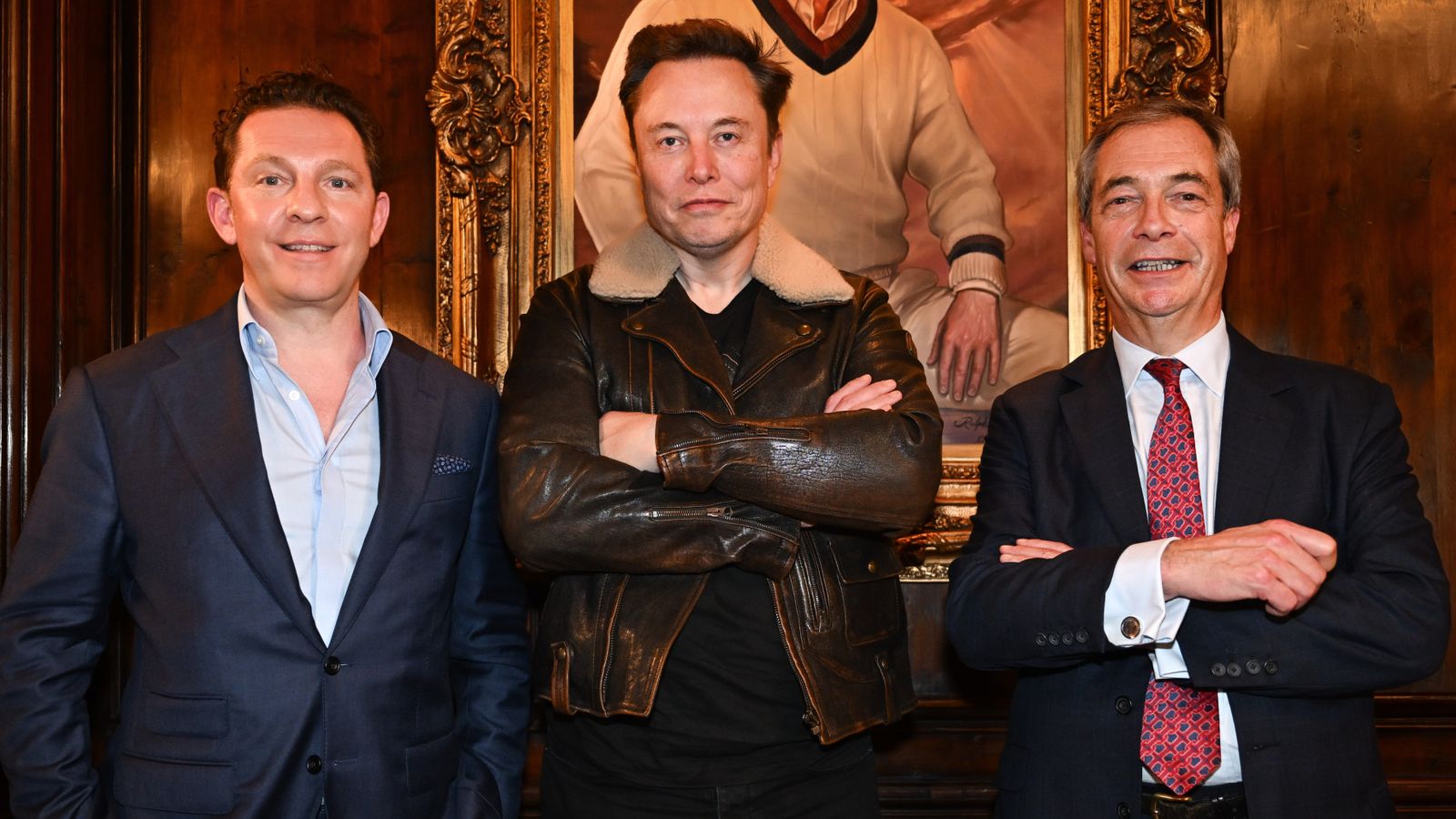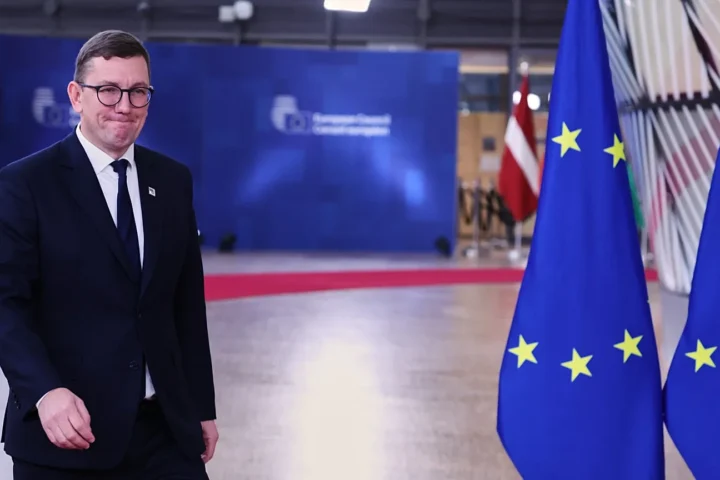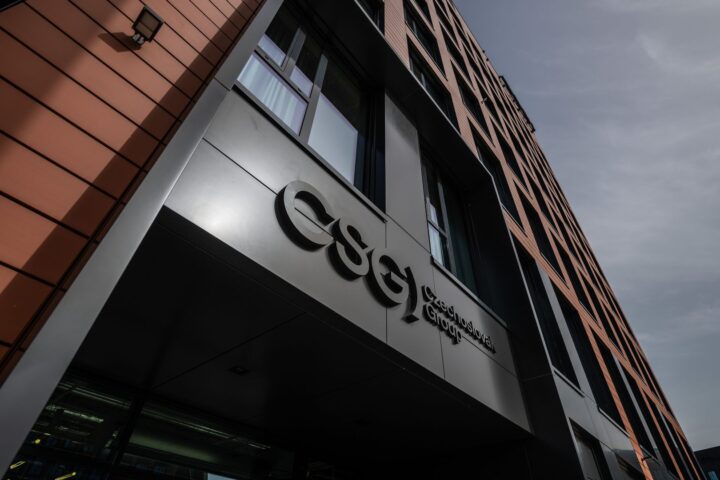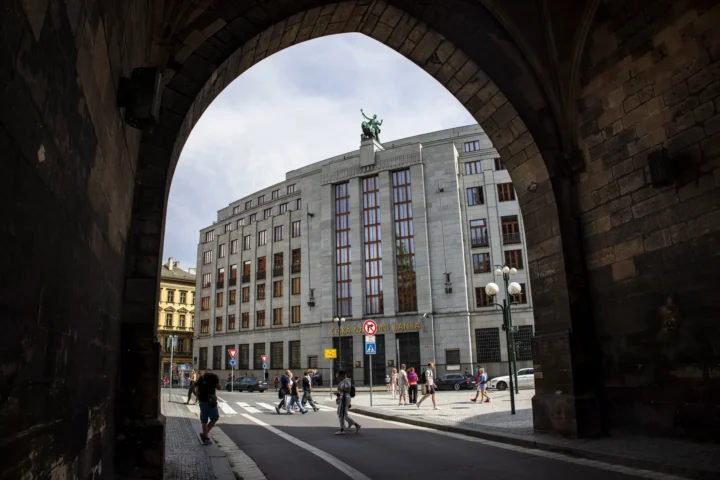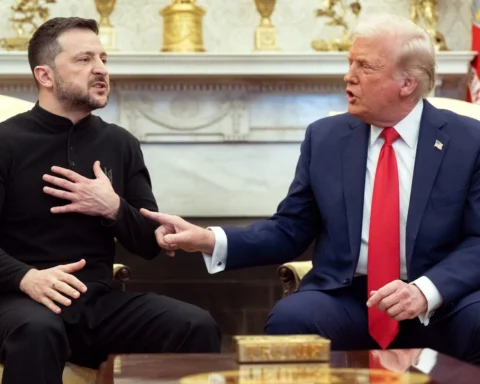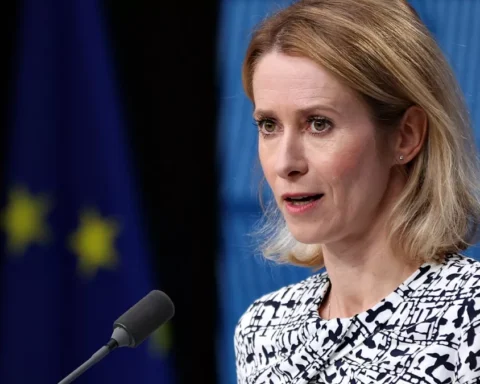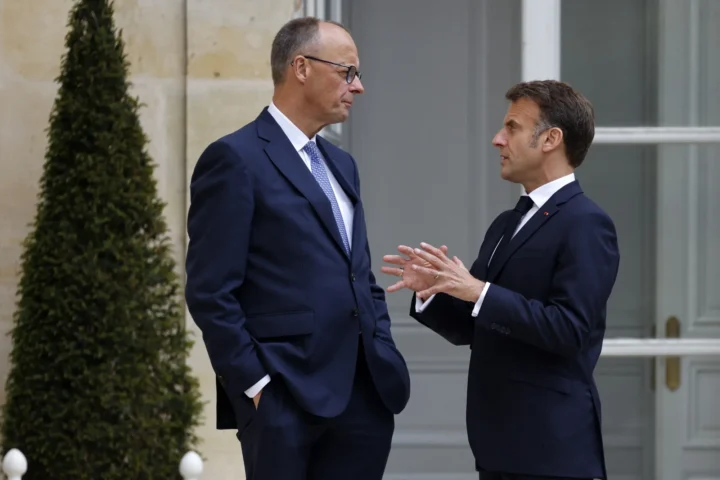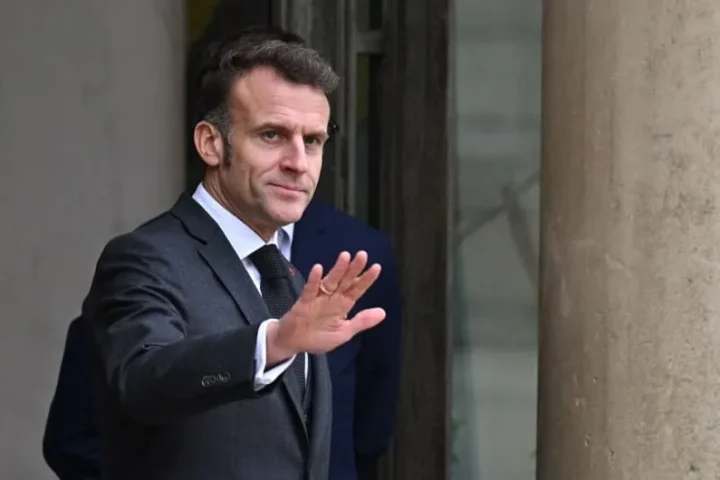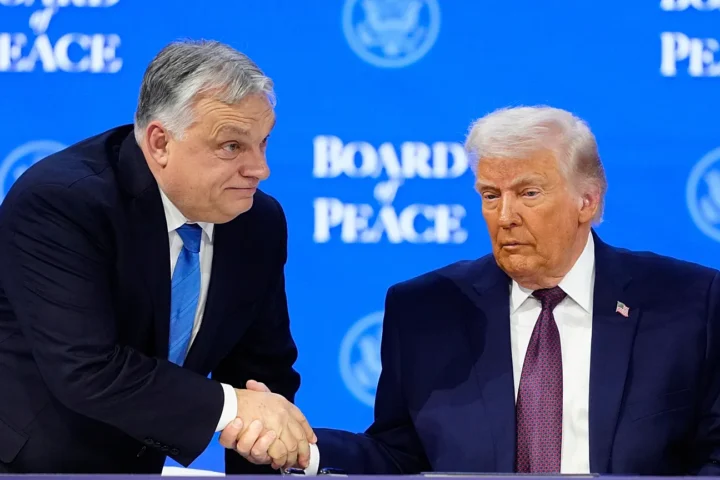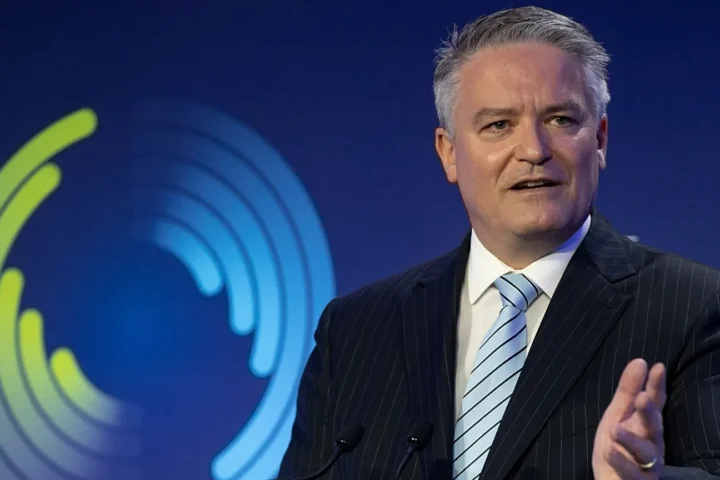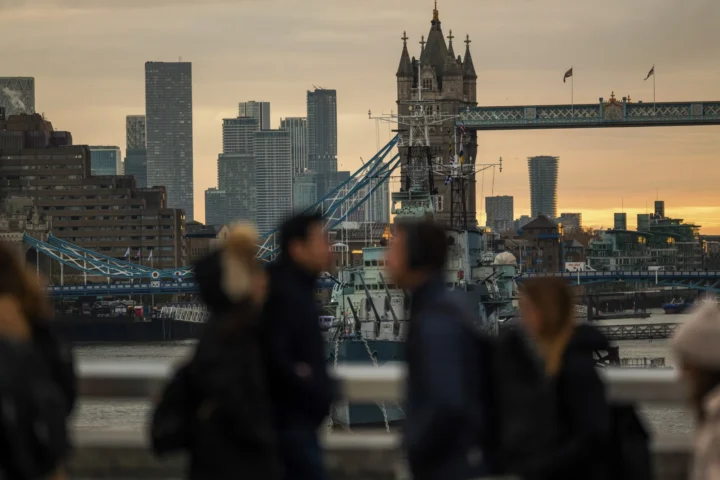Elon Musk, the world’s wealthiest disruptor, has crossed paths with the UK’s own political maverick, Nigel Farage. Their meeting, documented in striking photos from Donald Trump’s Mar-a-Lago estate, signals Musk’s growing interest in British politics—a move that has sparked both intrigue and controversy.
Farage, a seasoned political storyteller, joined Musk and Trump at the Florida estate alongside Nick Candy, a billionaire property developer and newly appointed Treasurer of Reform UK. Candy, known for his past support of the Conservative Party, may now play a pivotal role in funding Reform UK’s ambitions.
While speculation about Musk donating $100 million (£78 million) to Reform UK has been dismissed by Farage as exaggerated, even a fraction of that amount could reshape the party’s future. Musk’s potential involvement raises significant legal and ethical questions about the role of foreign influence in British politics, particularly as current rules permit donations from UK-registered companies, even if the money originates from overseas.
Critics, including the All-Party Parliamentary Group on Fair Elections, argue that such contributions undermine the integrity of the democratic process. Meanwhile, Downing Street has promised to tighten regulations, but any swift legal changes risk accusations of self-serving motives.
Musk’s entry into the political stage, coupled with Farage’s connections to high-profile figures like Trump and Vice President-Elect JD Vance, adds weight to Reform UK’s challenge to mainstream parties. For Labour and the Conservatives, the emergence of a well-funded, disruptive third party is a cause for concern.
The broader debate centers on whether foreign-backed donations should be permitted in UK politics. Conservative MP Miriam Cates highlighted the divisive nature of this issue, urging consistency regardless of the donor’s identity or political alignment.
As Farage prepares to attend Trump’s inauguration next month, the Reform UK leader’s alliances with influential and wealthy figures continue to reshape the political landscape, leaving both supporters and critics pondering the implications of this seismic shift.
